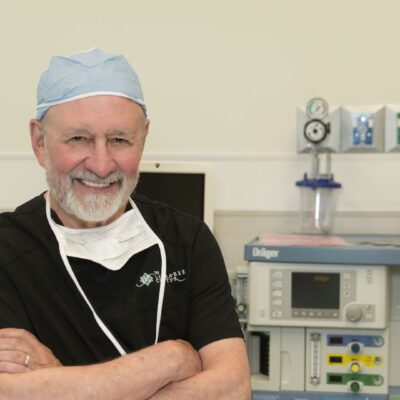Increasing access to surgical services for the poor in rural Haiti: surgery as a public good for public health
Louise C Ivers 1 , Evan S Garfein, Josué Augustin, Maxi Raymonville, Alice T Yang, David S Sugarbaker, Paul E Farmer
Affiliations expand
PMID: 18320267 PMCID: PMC2267856 DOI: 10.1007/s00268-008-9527-7
Although surgical care has not been seen as a priority in the international public health community, surgical disease constitutes a significant portion of the global burden of disease and must urgently be addressed. The experience of the nongovernmental organizations Partners In Health (PIH) and Zanmi Lasante (ZL) in Haiti demonstrates the potential for success of a surgical program in a rural, resource-poor area when services are provided through the public sector, integrated with primary health care services, and provided free of charge to patients who cannot pay. Providing surgical care in resource-constrained settings is an issue of global health equity and must be featured in national and international discussions on the improvement of global health. There are numerous training, funding, and programmatic considerations, several of which are raised by considering the data from Haiti presented here. Read more at The National Library of Medicine.


